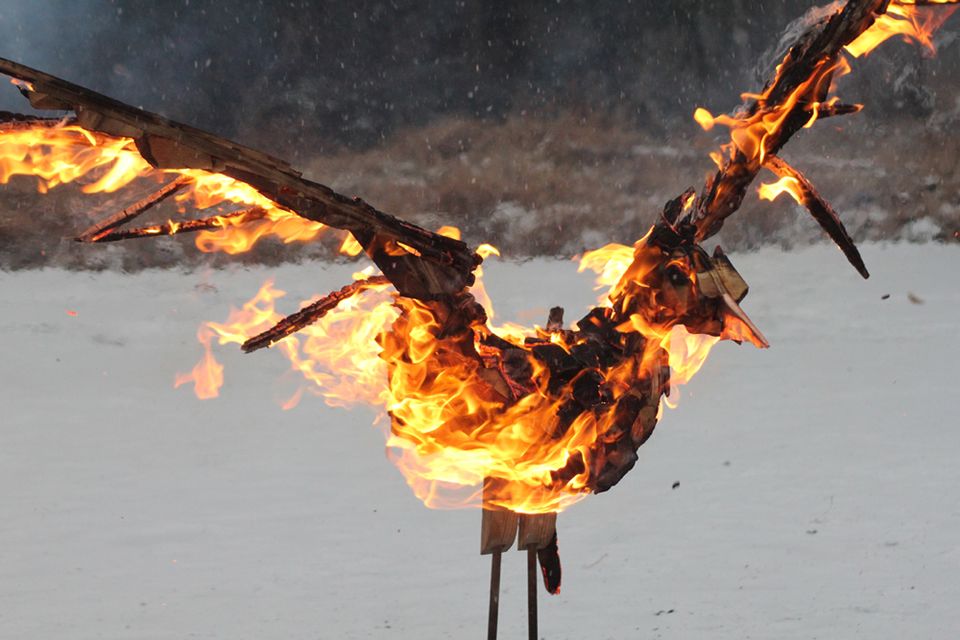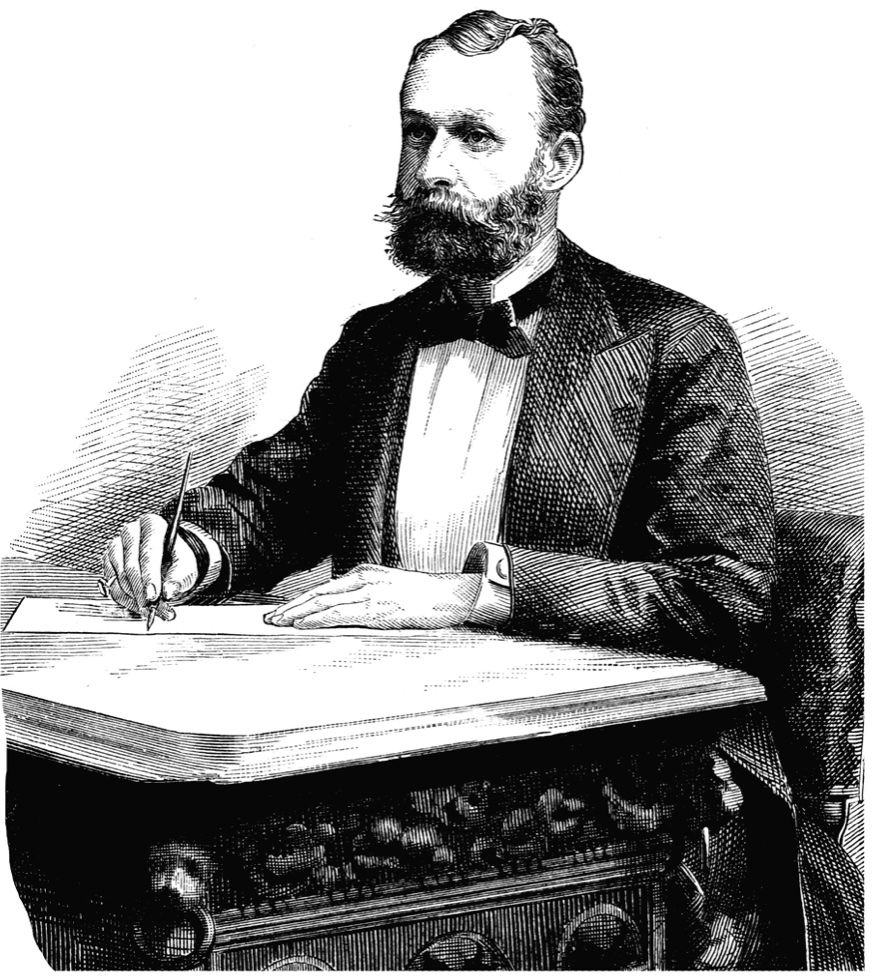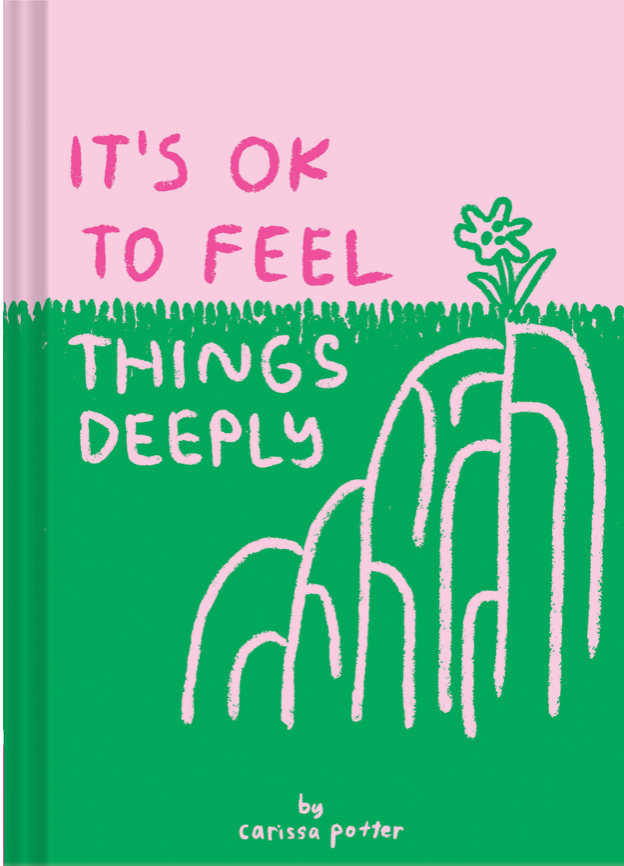To read the first part published last week, click here.
There’s more to the poem than I let on. If you’ve tangled with it already then you’ll know that. The Four Quartets is not composed entirely of enchanting melodies, and intrusive koans. These things figure, of course, but there are other voices, beyond the children in the apple trees hidden excitedly containing laughter, and beyond those professorial ruminations from the distant study –
What might have been is an abstraction
Remaining a perpetual possibility
Only in a world of speculation.
Some are the voices of dead masters proffering bitter pills and tasteless shadow fruit arriving like Dickensian ghosts out of the fires of Blitzed London. Others are shrieking, scolding desert chimeras, bane of the ascetics and silence-seekers of every age. Still others are interrogative, sublime angelic interlopers, commanding ‘change your life’. There are many voices, many of them Eliot’s own.
I didn’t intend to mislead you. It’s just that words are difficult tools, as Eliot would have it they’re inclined to slip, slide, perish, decay they often simply will not stay in place, will not stay still. Hence the wrestle with words and meanings. In dealing in words, especially metaphors, one can get lost, misled. This is what Eliot calls the deception of the thrush, the seductive but distorting metaphor.
In this light the last effort can best be read as a tribute to the power of Eliot’s own melodic lines. They are there, as I suggested, as an entry point, a luminous gateway
Sudden in a shaft of sunlight
Even as the dust moves
And they remain such even as we move into more difficult terrain. As one continues on in the journey, lines akin to this return as periodic releases into a further space, out of the struggle and difficulty, out of the action and thought that is the hard work of the poem.
Last time we introduced what you could call the base pattern of the poem, the “mobius experience,” the strange fact that in living in time, in confronting the new, we continually have to return to what we know, to where we started. In returning, however, we see the known place anew. We review. And on occasion and in its most extreme form this revisiting can be experienced as
a new and shocking valuation of all we’ve been
In case this seems like artistic licence, a romantic indulgence, let’s compare some statements from the poem to those from a number of sober-minded scientists working today in the field of molecular biology. From this point on they’ll be our companions as we journey together, in Eliot’s wake, into the rarely-exposed heart of the human experience. The proximate source for all of them is Connor Cunningham’s excellent Darwin’s Pious Idea:
“One of the greatest surprises of the Human Genome Project was the discordance between the count of protein-coding genes ([about]) 24,000) and expectations based on perceived phenotypic and behavioural complexity.”
– Lynch
As we grow older
The world becomes stranger, the pattern more complicated
Of dead and living.
“It is not possible to do the work of science without using a language that is filled with metaphors. Virtually the entire body of modern science is an attempt to explain phenomena that cannot be explained directly by human beings. Physicists speak of ‘waves’ and ‘particles’ even though there is no medium in which those waves move, and no solidity to those particles…The price of metaphor is eternal vigilance.”
– Lewontin
That was a way of putting it – Not very satisfactory…
Leaving one still with the intolerable wrestle
With words and meanings
In view of which the work of the poet and that of the scientist no longer seem entirely unrelated endeavors. There seems to be a unity of intent, if not of method. The methodological differences are obvious enough not to require illustration, but what is interesting is the suggestion that the fruitfulness of the work depends in both cases on this relentless underlying struggle with words and meanings. There is a shared sense that in order to arrive at something approximating the truth one must be perpetually willing to say again
That was a way of putting – Not very satisfactory
And then to keep on trying
our concern was speech. And speech impelled us
To purify the dialect of the tribe
I’ve encountered this line many a time, and only now, in the light of the words of Lewontin & co, do I realize that it describes the scientific enterprise every bit as adequately as the poetic. What is physics, what are the hard sciences, if not a search for a pure descriptive language? This impulsion toward purity of expression is what we know as rigor. And rigor demands continual openness to the possibility of the new and shocking valuation. Eliot suggests this is the only way to truly live the human condition, Lewontin that it is the only way to practice science. An interesting correspondence, to be sure. Lewontin’s phrase about the duty of the scientist captures the essence of Eliot’s poetic ethos in a manner that is quite uncanny. One could well imagine Eliot himself having said it, even as having chosen it as the loadstar of his entire poetic enterprise. And if The Origin of The Species, or Copernicus’ heliocentric model, or even Gibbons’ Decline and Fall were not a new and shocking valuation of all we’ve been, what on earth was?
As we begin to draw to a close we eccentrically quote yet again from a molecular biologist, largely, in this instance, because we want to co-opt his incidentally beautiful phrase as we progress toward our own (provisional) conclusions:
“With reference to the processes of embryonic segregation, genetics is to a certain extent the victim of its own rigor…”
– Lillie
At times, in reading the Four Quartets it does seem that one is asked to be, along with Eliot himself, a victim of his rigor. This rigor, this impulsion to purity of expression, is experienced in one of the poem’s climatic sequences, as a refining fire. A purifying force that is, Eliot will contend, the only true hope and only true liberty of the human spirit. It is what Polish philosopher and historian of ideas Leszek Kolakowski describes, in an essay on the place of philosophy in the wider world, as the spirit of truth:
“The cultural role of philosophy is not to deliver truth, but to build the spirit of truth, and this means never to let the inquisitive energy of mind go to sleep, never to stop questioning what appears to be obvious and definitive, always to defy the seemingly intact resources of common sense, always to suspect that there “might be another side” in what we take for granted.”
So this then leads us into another way of experiencing the poem: to be thus, along with Eliot, a victim of the spirit of truth. A victim because in this section of the poem rigor is applied not to scientific theories or existent accounts of history but is let loose in the core of the poet’s own being, as he painfully looks back on past follies, vanities, and meanness. This is an experience of
the rending pain of re-enactment
Of all that you have done, and been; the shame
Of motives late revealed, and the awareness
Of things ill done and done to others’ harm
Which once you took for exercise of virtue.
Then fools’ approval stings, and honour stains.
From wrong to wrong the exasperated spirit
Proceeds
These are awkward lines to dwell on aren’t they? They graze a little close to the bone, I find. Bringing back a flood, or at least a bloody trickle, of comparable moments from my own failed life with others. And yet it turns out that this refining fire is not, in the experience of the poem, a solely destructive force, it is not, as Dennet has imagined of Darwin’s theory of natural selection, a “universal acid”, it is, here, in tandem with a deep and hidden music, a restorative force, for the section continues and concludes with these lines
unless restored by that refining fire
Where you must move in measure, like a dancer.
The question of whose tune you’re dancing to at this point undoubtedly depends to an extent on your creedal persuasions. Regardless, though, in the life of the poem it is clear that a liberation has taken place and that the agent of this liberty is the spirit of truth in so far as this spirit is inflamed by a higher music who’s strains and rhythms carry poet and reader in and through the chard breakage of the past into a present and future music. So as much as the poem is a call to attend to the timeless moment, it is equally and vitally a call to pick up, and carry on. The struggle that is our journey through time continues, and yet amidst the hubbub of universal trial and traverse the poem insists one can still catch the sound of
a voice descanting (though not to the ear,
The murmuring shell of time, and not in any language.)
and what it calls to us, as Eliot has said else where, echoing Krishna, is
Fare forward, voyagers.




